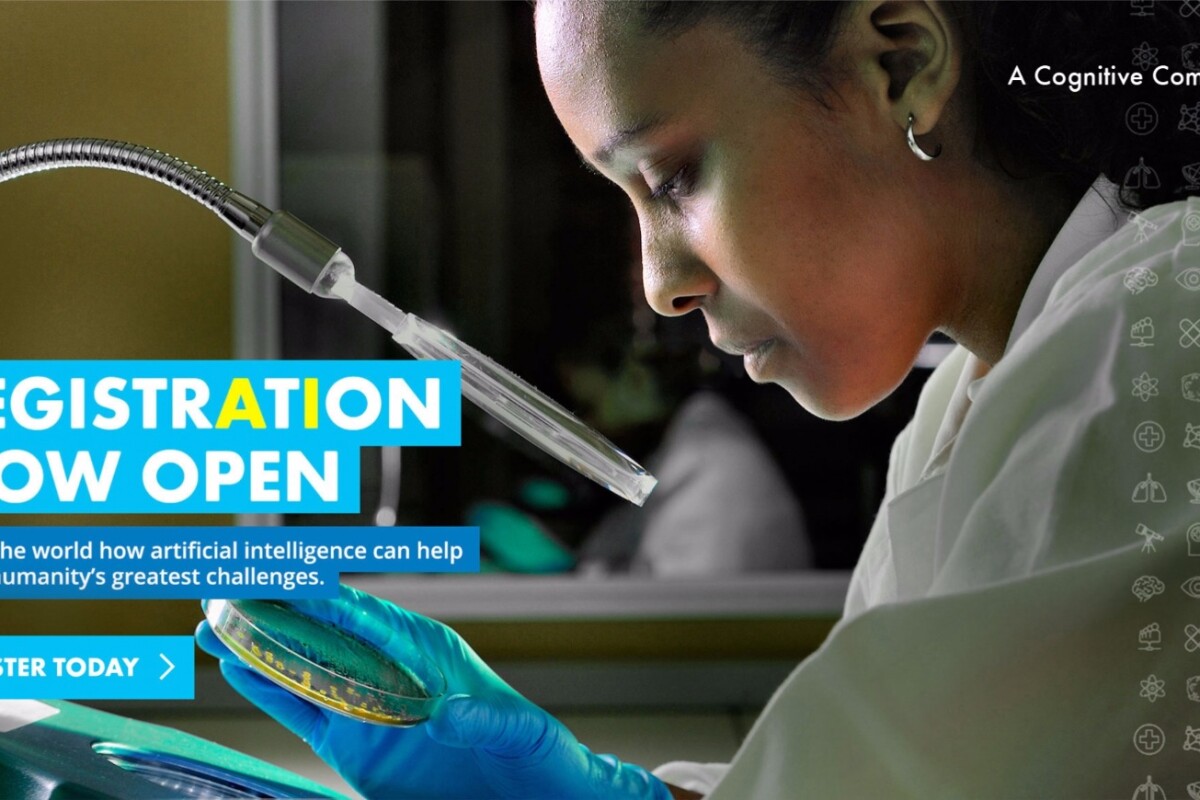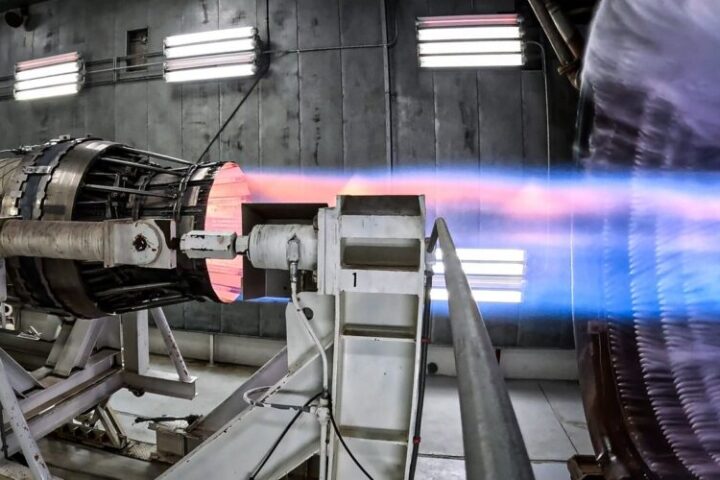Registration has just opened up for an all new US$5 million XPrize, this time focusing on getting humans collaborating better with artificial intelligence to solve major global issues. Unlike previous competitions, this XPrize, sponsored by IBM's Watson division, doesn't feature a set of pre-determined goals, but instead challenges teams to come up with their own.
You might be familiar with XPrize from its ongoing Google Lunar effort, which is seeing small teams from around the world compete to successfully land a robot on the Moon. It's a seriously ambitious project, and one that has seen rivals team up in the hope of winning out against the competition.
This new project is totally different to the Lunar XPrize, but it's no less ambitious. Aside from the different focus, the big difference here is that the competition is "open," with teams being given the opportunity to pick their own direction. Each participant will be deciding which issues to tackle, and working out how to reach their own goals.
Participants could focus on anything from fixing healthcare or improving education, to taking on major green energy and environmental issues, to any other issue they choose to tackle. XPrize thinks the competition could have a big impact, harnessing the potential of artificial intelligence to solve some of humanity's greatest challenges.
"The IBM Watson AI XPrize will stir innovation and empower a global group of developers, entrepreneurs, and organizations to push the boundaries of human-machine collaboration, forever changing for the better the way in which we live and work." said IBM Watson vice president Stephen Gold.
If you've followed previous XPrize competitions, then the structure of this newest effort will be familiar. A four-year project, prospective participants will have until December 1, 2016 to register, and until March 2017 to submit a detailed development and testing plan.
There will then be three selection rounds conducted each fall, eventually whittling down the competition to ten teams, all of whom will be able to compete for Milestone Prizes – a total of US$500,000 worth of awards to help promising teams continue their research.
At the end of the competition, which will feature three teams taking to the TED2020 stage in front of both online and in-person audiences, a US$3 million grand prize will be awarded to the winning team, $1 million to the runner up, and $500,000 for third place.
Source: XPrize




